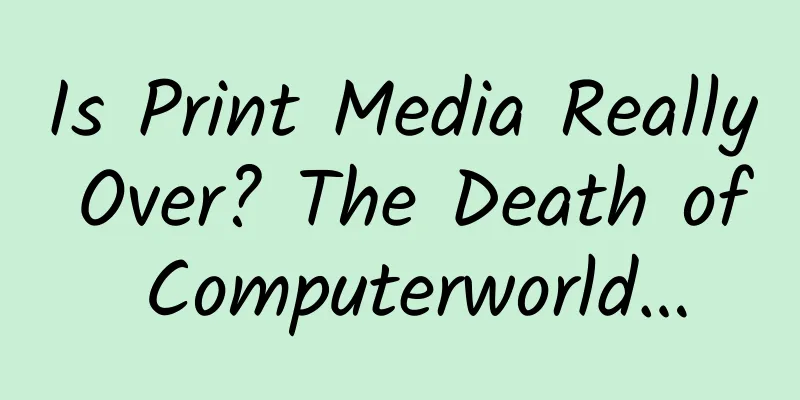Google releases Fuchsia specification for its non-Linux operating system

|
Google has revealed details of its non-Linux operating system, Fuchsia. This week, Google released what it calls "The Book": a programmer's guide to operating Fuchsia. According to the document, Fuchsia uses a microkernel architecture and is dedicated to being an operating system for embedded devices. The document describes Fuchsia's kernel design, software interface, services and libraries for running programs, storing data, and accessing the network, as well as how users can draw things on the screen. Judging from the document, the operating system is still under development. These files point to lk, or Little Kernel, developed by Travis Geiselbrecht, who is very capable in designing operating systems. He joined Google in 2012 and has been working on the development of Fuchsia with Google employees since 2015. The Fuchsia kernel, called Zircon, is written in C based on lk. It provides applications with 32-bit handles to access objects through system calls, which are used to manage memory, exchange information with other running programs, and use synchronization primitives. The system also provides C++ classes that allow objects to be manipulated through system calls. Other concepts are defined in the document, including jobs, processes, threads, signals, wait rules, and events. Next to the kernel is the Zircon Core, which handles device drivers, POSIX-compliant input and output, the C runtime and ELF binary loading, and most importantly the Zircon Framework, which runs core libraries, applications and provides namespaces and sandboxes. The document also explains issues such as storage, graphics and networking. The source code indicates that the system supports x86-64 and arm64 processor architectures. Currently, the document has not yet completed the description of compatibility and other issues. |
<<: How did Zhang Xiaolong build the huge business empire of WeChat?
>>: The past and present of mobile phone cameras are like a game of PlayerUnknown's Battlegrounds
Recommend
Starting from scratch - 10 steps to become a professional iOS developer
Want to get a piece of the mobile development pie...
How can medical accounts use OCPC to reduce consultation costs by 30%?
Friends who are familiar with Baidu ocpc know tha...
ComputeBase: Survey shows that AMD RX 9070 series graphics card sales accounted for 67.4%, far exceeding the RTX 50 series
The RX 9070 series finally won back a game for AM...
Soul Product Analysis
Socializing with strangers is something that many...
Is there any scientific reason behind the saying “Drinking water in big gulps is the same as not drinking it at all”?
Have you ever heard of the view that "drinki...
Is it a problem for babies to suck their fingers? Don’t stop your baby from “tasting” the world with his mouth
People often say that "a child's hands a...
Some elephants are killed for their tusks, but many more starve to death for their molars. Why?
Elephants have very unique teeth, but the "u...
China Mobile is having a hard time in the second half of the year because of 4G
According to people familiar with the matter, in o...
Android phones are booming this year
In the past two years, the rapid development of A...
Science Fiction | The choice between the red and blue pills: Is the brain in a vat or in the skull?
The booming development of science and technology...
Fun fact: Will it definitely rain during Qingming Festival?
"During the Qingming Festival, rain falls he...
In-depth understanding of viewport in mobile front-end development
In-depth understanding of viewport in mobile fron...
Want to avoid immune "surveillance"? No way! Zhejiang University's latest research published in Nature
Lactic acid plays an important role in human heal...
China Automobile Dealers Association: China Automobile Retention Value Report in June 2023
Recently, the China Automobile Dealers Associatio...
Don't set the alarm like this!!! It's more harmful than you think...
"Ding-ling-dang-dang~~~", every morning...









